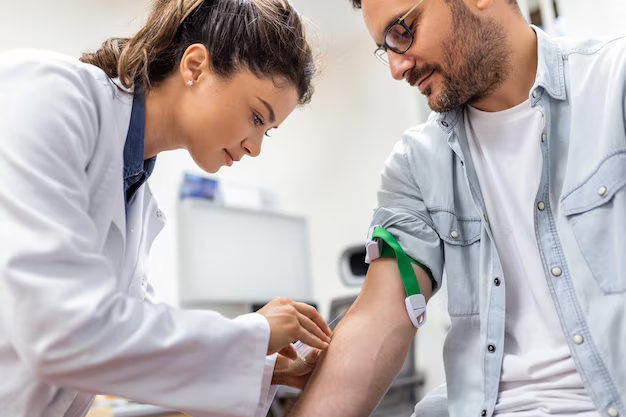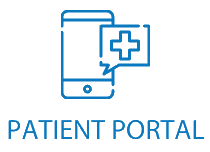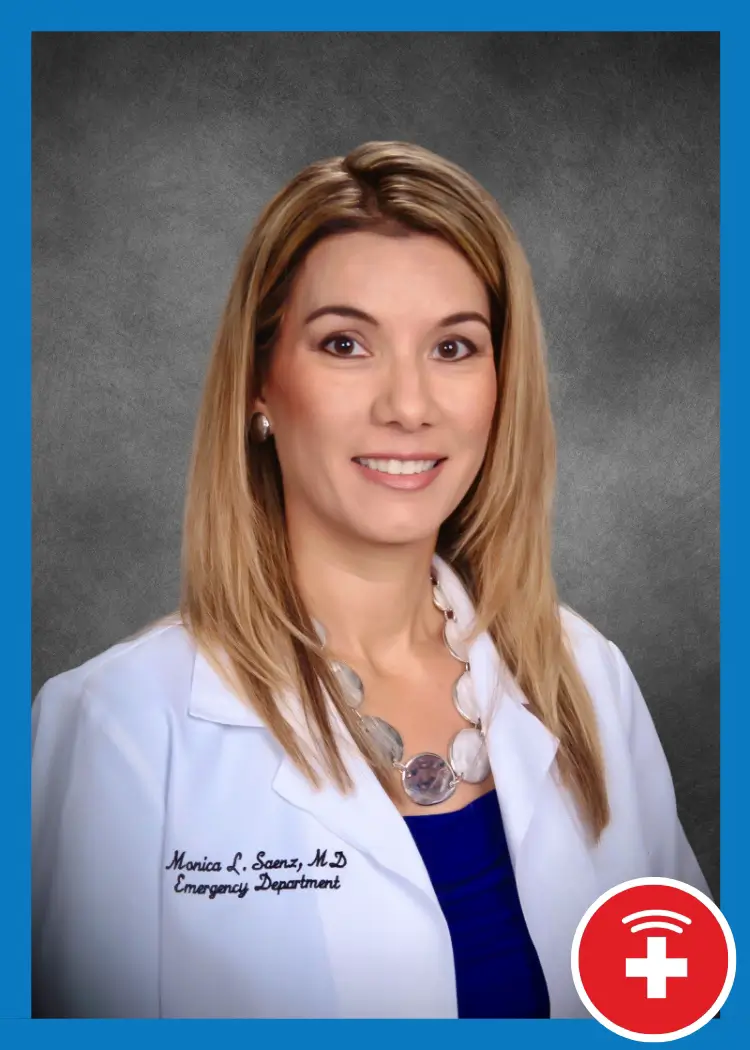Does Urgent Care Do Drug Testing

Drug tests involve thorough lab analysis of a sample of bodily fluid such as saliva or blood, but most commonly urine. These tests are highly accurate and are often ordered after a positive drug screen. The accuracy of these tests owes itself to the longer processing times, with results available in around one day to one week
Drug Testing at Urgent Care Centers
Many urgent care centers offer drug testing as part of their work-related health services, making it easier for employers to handle pre-employment screenings, random drug tests, or tests after an accident.
You can simply walk into an urgent care center without needing an appointment to get a drug test, making the whole process quicker and more convenient for both employers and employees.
What does drug testing mean?
A drug test involves the collection and analysis of a sample of bodily fluid, typically urine, saliva, blood or hair, to detect the presence of the chemicals and metabolites in the body present from illicit drug use. Such as steroids and HGH (human growth hormone), a drug screen may also be used to detect performance-enhancing drugs sometimes used by professional athletes. Many different types of drug screens exist for multiple purposes, with the most common used by employers to determine the sobriety of their employees.
What are the different types of drug tests?
There are many different types of drug tests available, namely:
- Urine Screens: The most common type of drug test, urine tests are quick, painless and effective.
- Saliva-Based Drug Test: Looking for recent drug use, saliva tests provide quick results. The sample is collected from either a swab or spitting into a cup.
- Blood Test: Blood tests are the most accurate of all drug tests and can detect minute samples of substances. However, they are also the most costly and invasive.
- Hair Follicle Drug Test: Hair tests do not show evidence of recent drug use, but rather a history of use, able to detect drug use as far back as 90 days.
- Perspiration Drug Detection Test: A new test used in the detection of drugs, perspiration tests are primarily used to monitor people in recovery or on parole.
- Breathalyzer Testing: The most common type of test for alcohol, breathalyzers provide quick and accurate results on the spot.
What happens during a drug test?
A drug test generally requires a urine sample that is tested in a lab. You will be given instructions on how to provide a clean sample. This includes the following steps:
- Wash your hands
- Clean your genital area with a cleansing pad
- Start to urinate into the toilet
- While urinating, move the collection container under your urine stream.
- Collect at least one to two ounces of urine into the container. The container should have markings to indicate the volume.
- Finish urinating into the toilet
- Return the sample container to the lab healthcare provider or lab technician.
In certain instances and when deemed necessary, a medical technician or other staff member may be present while you provide your sample.
Bloods testing for drugs usually involves going to a lab to provide your sample. With the use of a small needle, a health care professional will take a blood sample, typically from a vein in your arm. After the insertion of the needle, a small sample of blood will be collected into a test tube or vial. When the needle goes in or out, you may feel a little discomfort in the form of stinging. This process usually takes less than five minutes.
What is a drug screen vs drug test?
A drug screening is like an instant drug test: results are available right away, at the point where it’s collected, usually within a few minutes. A common type of drug screening is an immunoassay screening. The purpose of an immunoassay screening is to detect any presence of that category of drugs in the tested sample. The result is either negative, indicating its absence, or positive, indicating its presence. As false-positives can occur, drug screenings cannot officially give a “positive” result.
Drug tests are lab-based, where the collected sample is sent to a laboratory for more thorough testing. Consequently, it takes longer to get the results, typically one to seven days. A lab-based test can screen for any drug. Before testing, the drug panel must be determined.
If you or someone you know requires drug testing, come to Doc-Aid Urgent Care of Laredo TX today. Our kind and compassionate professionals are experienced in performing drug tests and can provide you with accurate results. For more information on our drug testing, call our office and get in touch with a member of our specialist team. To book an appointment for a drug test, visit our website or speak with us over the phone today.


